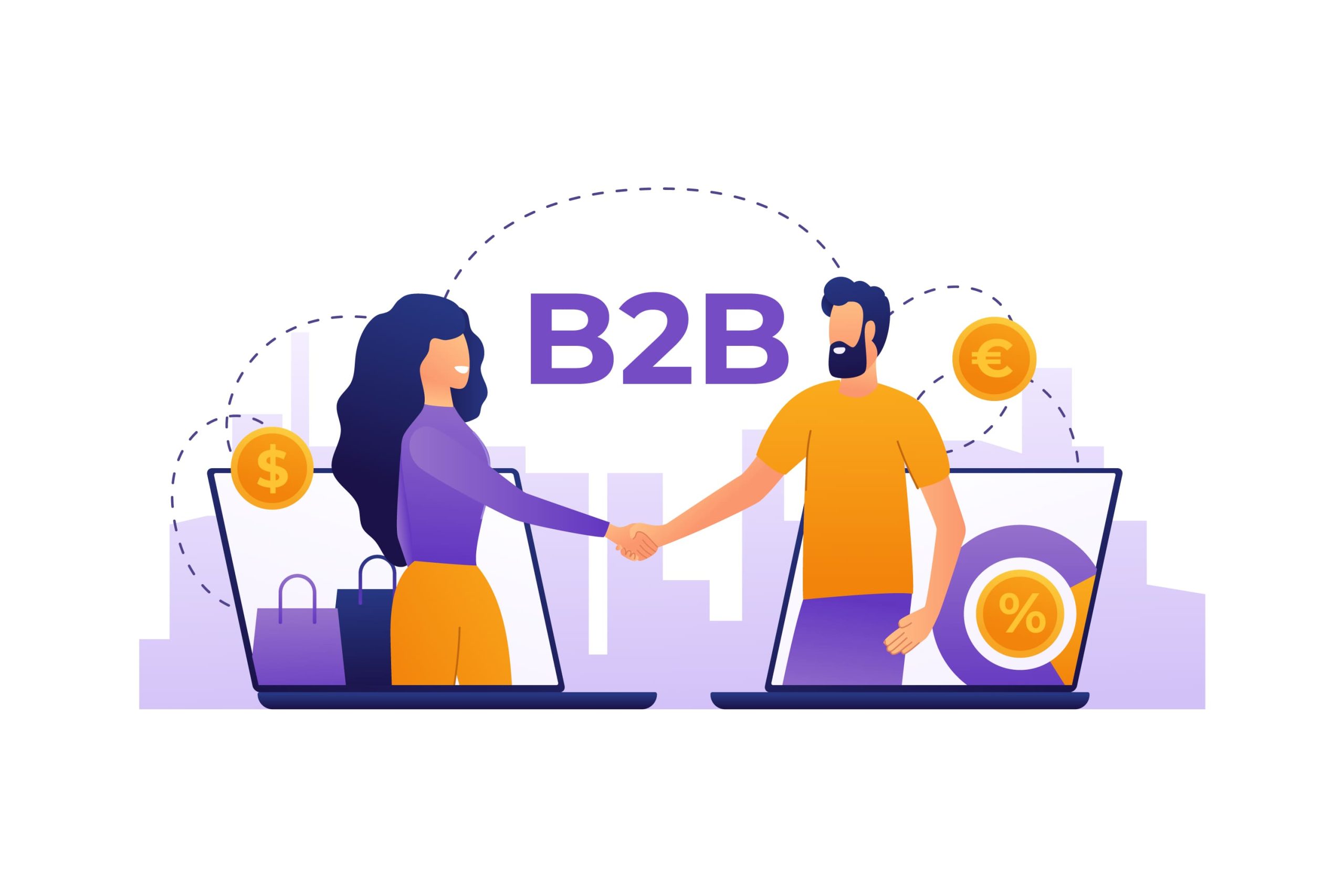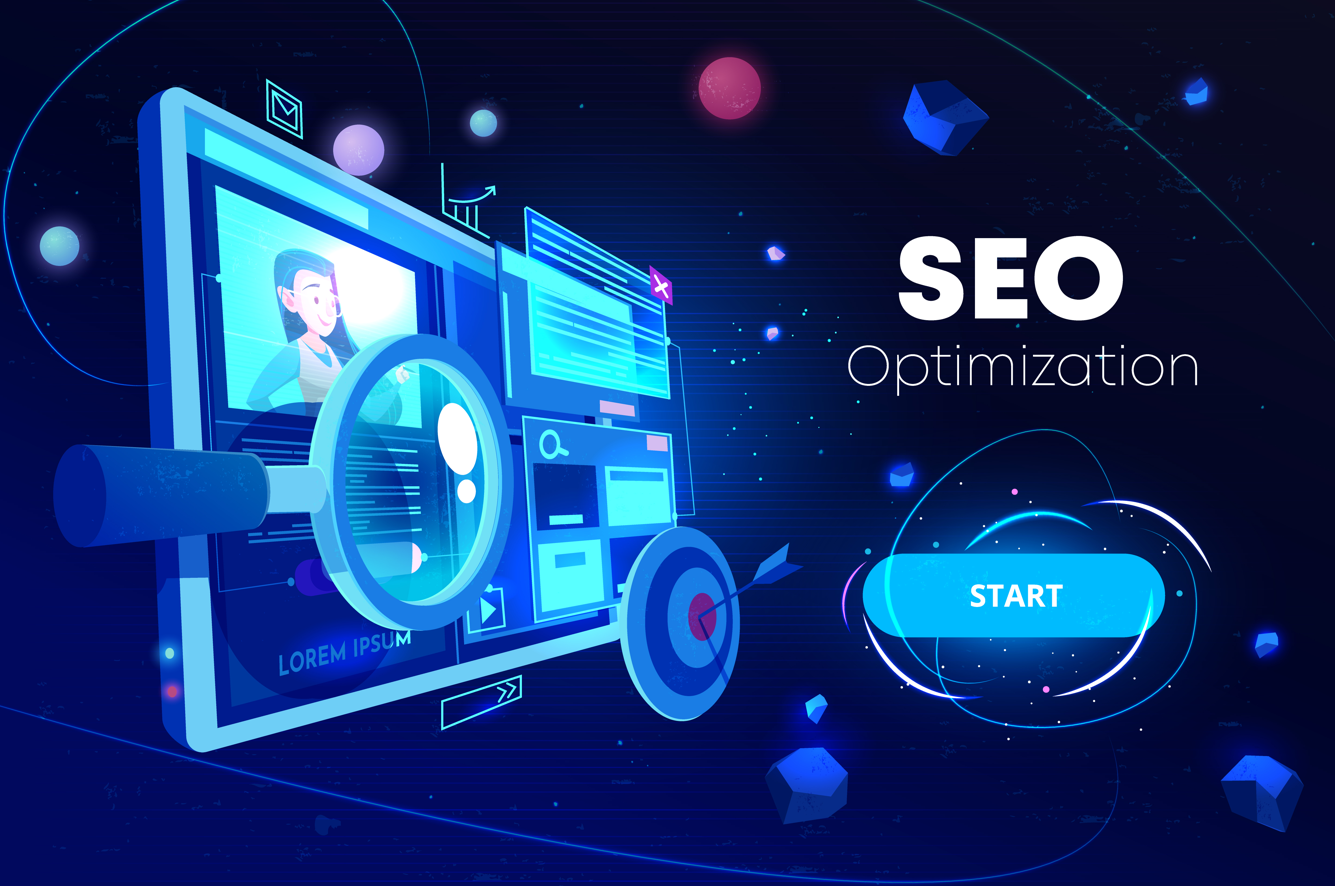
Why Social Media Marketing Is Important for Your Business: Benefits, Costs, and Strategies for Small Businesses
Introduction
Social media has transformed from a simple networking platform to a powerful marketing tool that can significantly impact small businesses in the current digital landscape. With over 4.8 billion users worldwide, one of the primary challenges for entrepreneurs seeking to grow their businesses is figuring out how to initiate social media marketing for small business owners.
Whether you’re running a local bakery, a consulting service, or an e-commerce startup, comprehending the significance of social media marketing for small businesses has become crucial for survival and growth in a competitive marketplace.
- Utilizing social media marketing has the potential to increase website traffic by 78% and enhance business visibility by 89%.
- Initially, concentrate on two to three platforms instead of spreading across all available channels; small businesses can begin with an investment of just $100 to $500 monthly and grow based on their results.
- The level of engagement and consistency in content is more crucial than the total number of followers.
- Accurately measuring ROI through analytics is vital for sustained success over time.
Why Social Media Marketing Is Important for Your Business
A. Unmatched Brand Visibility and Awareness
At a fraction of the price of traditional advertising, social media platforms provide an unparalleled reach. By producing interesting content that appeals to their target audience, small businesses may now compete with larger organizations. When consumers are prepared to make decisions about what to buy, this visibility helps them remember your company and increases brand recognition.
B. Cost-Effectiveness and Measurability
Understanding how much social media marketing costs is one of the main benefits. Social media marketing, compared to traditional advertising, can start with a small initial investment. Businesses of all sizes can afford sponsored advertising, which starts at as little as $5–10 per day, while organic publishing is free.
C. Improved Customer Engagement & Trust
Social media offers both businesses and customers a direct line of communication. The following mutually beneficial relationship creates a sense of community around your business, addresses issues immediately, and builds trust. Repeat business and devoted advocates are more likely to come from engaged customers.
D. Data-Driven Customer Insights
Social media platforms provide extensive details about the traits, preferences, and behaviors of your intended audience. These insights aid in making informed business choices, enhancing product offerings, and improving marketing tactics.
E. Increase in Website Traffic, Leads, and Sales
Successful social media marketing attracts potential customers, directs valuable traffic to your website, and ultimately increases sales. Companies can guide their social media audience through the sales funnel by sharing valuable insights and strategically placed calls to action.
F. Crisis Management and Brand Resilience
Social media enables businesses to promptly and transparently address critical comments, transforming possible crises into chances to deliver outstanding customer service and strengthen relationships with clients.
G. Competitive Advantage
Many small businesses still do not fully take advantage of social media, allowing those who adopt it early to seize the initiative and capture market share ahead of their competitors.
How to Effectively Use Social Media for Marketing
Instead of publishing at random, an organized plan is necessary to understand how to use social media for marketing. The following is your route:
A. Choose the Right Platforms
Not every business can benefit equally from every social media platform:
- Facebook: Greatest for community development, B2C businesses, and local businesses
- Instagram is ideal for visual brands, dining establishments, retail stores, and lifestyle companies.
- LinkedIn: Crucial for professional services, thought leadership, and business-to-business firms
- TikTok: Great for distributing imaginative, interesting content to younger audiences
- Twitter/X: Excellent for industry news, customer support, and real-time updates
B. Set Clear Goals & KPIs
Establish clear, measurable goals:
- Brand awareness (following, impressions, and reach)
- Engagement (likes, shares, saves, and comments)
- Lead generation (contact form submissions, email signups)
- Sales (attribution of revenue, conversions)
C. Content Creation & Curation
Create a content strategy that consists of:
- Content for education: Industry insights, advice, and how-to guides
- Behind-the-scenes: Process videos, company culture, and team highlights
- User-generated content includes client endorsements, reviews, and images.
- Promotional materials include announcements, exclusive deals, and new product releases.
- Curated content includes pertinent third-party content and industry news.
D. Community Management & Engagement
Active community management involves:
- Responding to comments and messages promptly
- Engaging with followers’ content
- Joining relevant conversations and hashtags
- Building relationships with influencers and industry peers
- Moderating discussions and maintaining brand standards
E. Paid Social Advertising & Retargeting
Maximize ROI with targeted advertising:
- Create detailed buyer personas for precise targeting
- Use retargeting pixels to re-engage website visitors
- Test different ad formats (video, carousel, single image)
- Implement A/B testing for optimization
- Set up conversion tracking to measure results
F. Social Listening & Real-Time Optimization
Keep an eye on industry discussions and brand mentions:
- Monitor the reputation and sentiment of your brand.
- Determine popular subjects and business potential.
- Track the actions of your competitors
- Proactively address consumer feedback
- Adapt tactics in light of real-time insights.
G. Measure, Analyze & Improve
Regular analysis ensures continuous improvement:
- Review platform analytics monthly
- Track KPI progress against goals
- Identify top-performing content types
- Adjust posting schedules based on engagement data
- Refine targeting and messaging based on results
Working with a seasoned digital marketing agency can be crucial for entrepreneurs looking for professional advice on enhancing the online visibility of their small business. Digit Cure is a leading digital marketing agency with a strong reputation in both India and Dubai. They provide specialized tactics that help firms succeed in the cutthroat online economy, ranging from web building and branding to social media marketing and SEO. The team at Digit Cure combines technological know-how with creativity to provide quantifiable outcomes, which makes them an invaluable partner for companies looking to increase their online presence and boost growth.
Costs & Considerations for Small Businesses
Depending on strategy and scale, small business owners’ responses to the question of how much social media marketing costs vary greatly:
DIY Approach ($100-500/month)
- Tools for managing social media: $15–50 a month
- Tools for creating content: $20 to $100 per month
- Graphics and stock photos: $10–30 a month
- Monthly paid advertising costs: $50 to $300
Hybrid Approach ($500-2,000/month)
- $300–800 per month for a part-time social media manager
- Expert content production: $200–600 per month
- $50 to $150 per month for sophisticated tools and software
- Increased monthly ad expenditure: $200–800
Full-Service Agency ($1,500-5,000/month)
- Total management and strategy
- Expert content production
- thorough reporting and analytics
- Committed account administration
Key Considerations:
- Start slowly and expand in response to results.
- Start by focusing on two to three platforms.
- Prioritize quality above quantity when making investments.
- Monitor ROI to support higher expenditures.
- Take seasonal budget variations into account.
Conclusion & Next Steps
How to do social media marketing for small businesses successfully requires patience, consistency, and strategic thinking. Create a content calendar, pick one or two platforms where your target audience is most engaged, and make a commitment to consistent publishing and interaction.
Keep in mind that social media marketing is a process rather than a quick fix. Although it takes time to see results, the long-term advantages of higher revenue, customer loyalty, and brand awareness make the investment worthwhile.
Your Next Steps:
- Examine your social media presence right now.
- Specify your objectives and target audience.
- Select your main platforms.
- Make a calendar and content strategy.
- Configure analytics monitoring
- Start your first advertising campaign.
- Track, evaluate, and improve
Frequently Asked Questions
How can a small firm without any prior experience begin social media marketing?
Beginners should pick one site, set up a professional profile, and provide quality material three to four times a week while interacting with their audience every day.
How can social media be used for marketing on a limited budget?
Using free tools like Canva, genuinely interacting with your audience, and starting with just $10–20 per week for targeted advertisements are all examples of how to use social media for marketing successfully and economically.
In comparison to traditional advertising, why is social media marketing crucial for small businesses?
Comparing pricing makes it evident why social media marketing is crucial for small businesses; traditional advertising costs hundreds of dollars each day, while social media allows accurate targeting and interaction for as little as a few dollars.
What is the average small business's social media marketing budget?
With most businesses starting at $200 to 800 per month, social media marketing expenditures range from $100 to $500 per month for do-it-yourselfers to $1,500 to $5,000 per month for agencies.
How can small firms that cater to local clients use social media marketing?
Utilizing location hashtags, engaging with local groups, and showcasing local customer stories through geo-targeted advertising are all crucial components of local social media marketing for small businesses.





